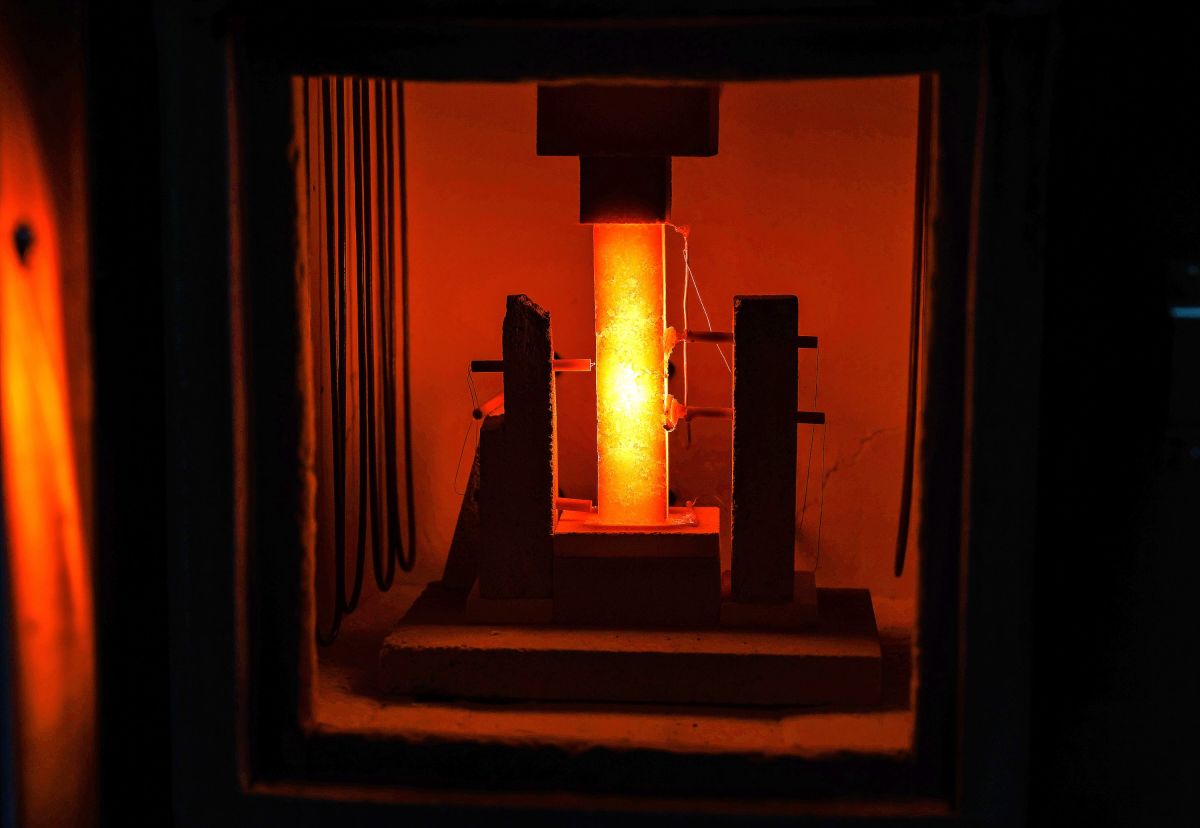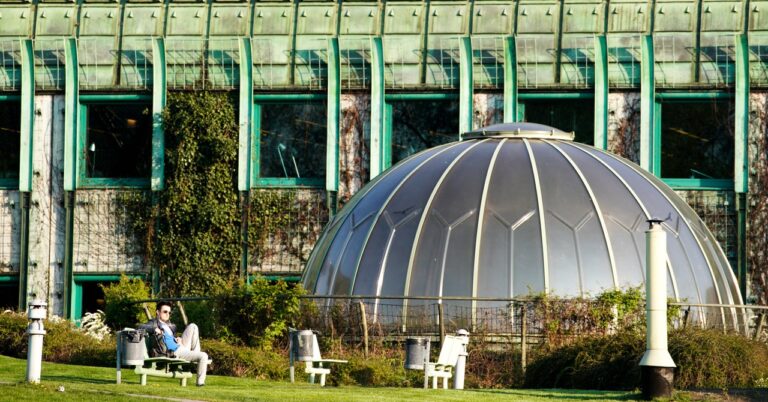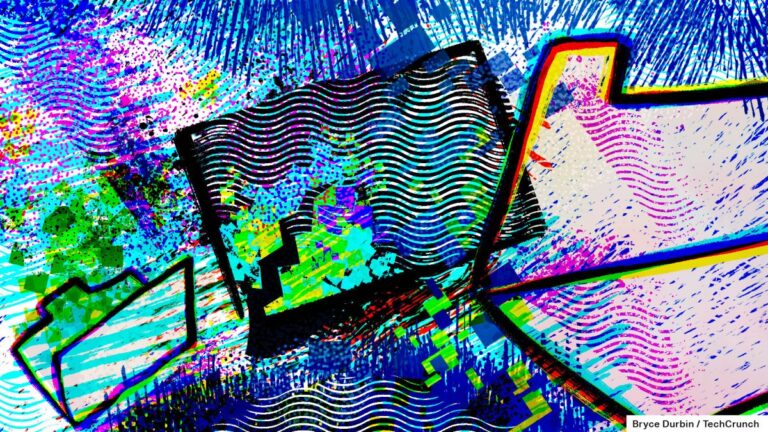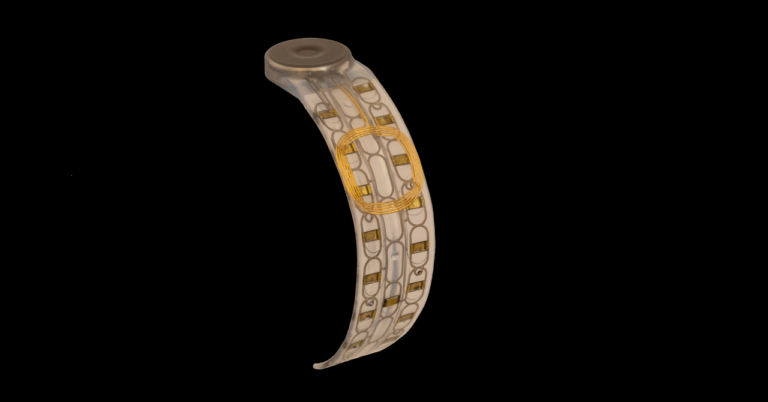Electrified Thermal Solutions has a plan to help industry replace natural gas with bricks
Getting rid of fossil fuels is relatively simple for some things. Housing? Replace furnaces with heat pumps. Cars and light trucks? Ditch internal combustion for batteries and electric motors. Yet for many industries like cement, steelmaking, and more, it’s hard to replace the heating power of fossil fuels.
But Dan Stack thinks bricks have a shot.
Stack has been working for a decade to imbue the humble brick with the ability to transform electricity into heat and store it for hours on end. By altering fire bricks already used in glassmaking and other industries, he and his colleagues at Electrified Thermal Solutions, where he’s co-founder and CEO, have been able to turn them into electrical conductors that can carry a current and transform it into searing heat simply by stacking them atop each other.
The company currently has an elevator-sized demonstration running, and it’s using data from that to prepare for a larger, commercial-scale unit.
“We’ve logged thousands of hours now,” Stack told TechCrunch. ETS’s bricks should be able to provide heat for years because they’re based on existing fire bricks, he said. “These bricks are used to seeing temperatures north of 1,700 Celsius for decades.”
The company is planning to operate its Joule Hive thermal batteries continuously — “most of industry wants heat 24/7/365,” Stack said — but in order to be cost competitive with natural gas, its customers will have to charge the bricks when electricity prices are low, like when there is excess wind or solar power.
“Being able to absorb most of your energy in a few hours is valuable,” he said, allowing companies to take advantage of not just low prices, but also incentives from grid operators for being flexible about when they use electricity.
In some regions where renewables are plentiful and natural gas is expensive, “we can give a return on investment for these systems compared to the natural gas that customers are burning today,” he said. “We’re seeing more and more signals that show that we can compete head to head with fossil fuels in more areas.”
ETS is first targeting industries that need large amounts of heat, but not the very hottest temperatures. For now, that includes drying, steam generation, and calcination of cement. In time, Stack said the company should be able to hit 1,800 degrees C, making the bricks viable for other industries like steelmaking. Eventually, heat from the bricks might be able to help run the turbines in natural gas power plants, displacing the fossil fuel.
The startup is planning to commission its commercial-scale demonstration in the middle of 2025, Stack said. To hit that milestone, ETS raised $19 million in what the company is calling a pre-Series A, the company exclusively told TechCrunch. The round included investments from Clean Energy Ventures, Clean Energy Venture Group, EDP Ventures, GVP Climate, Holcim Maqer Ventures, Mass Ventures, Starlight Ventures, TechEnergy Ventures, Tupras Ventures, and Vale Ventures.







